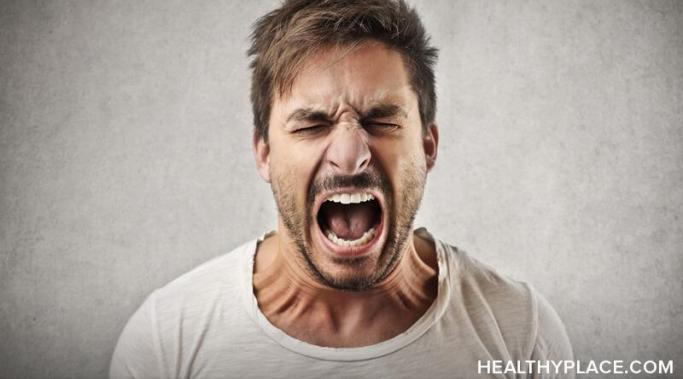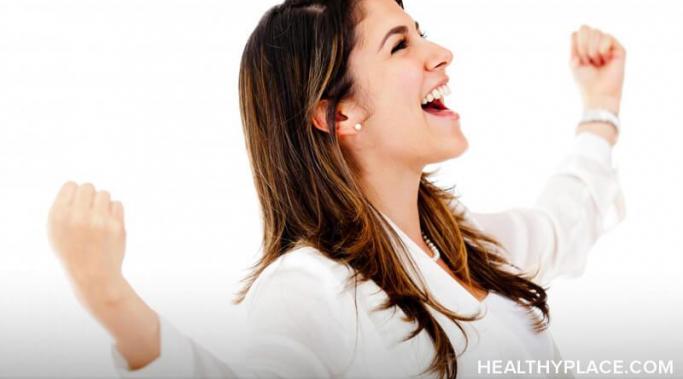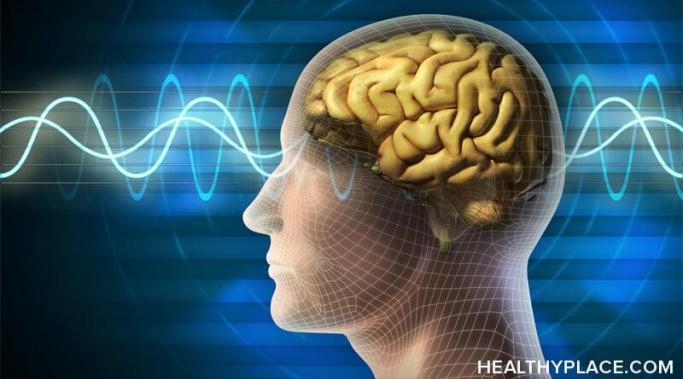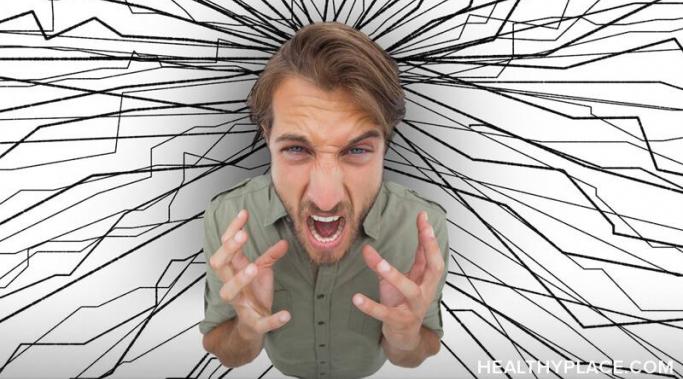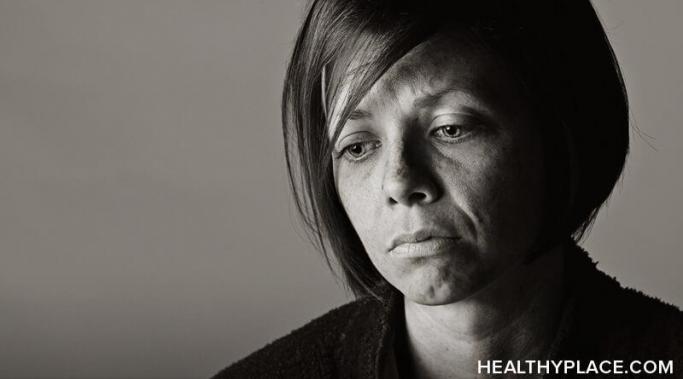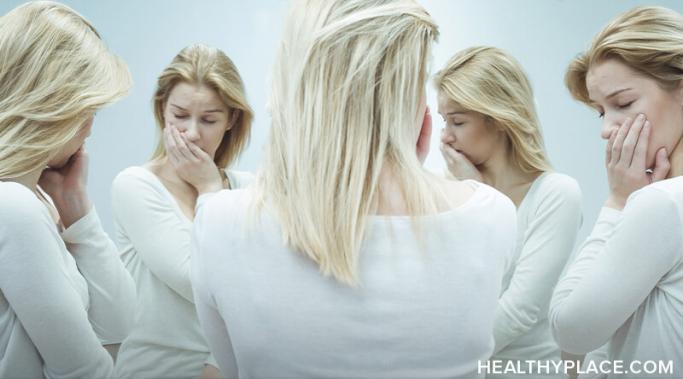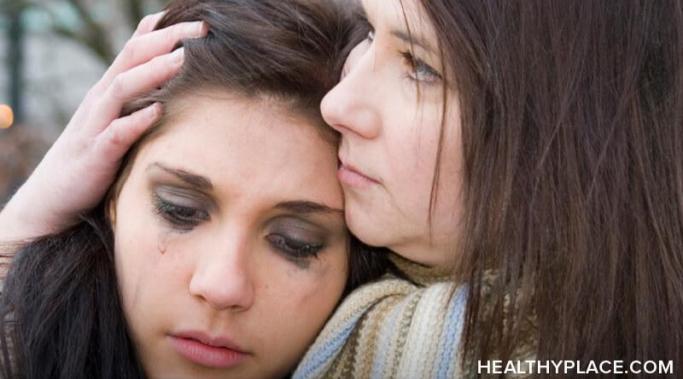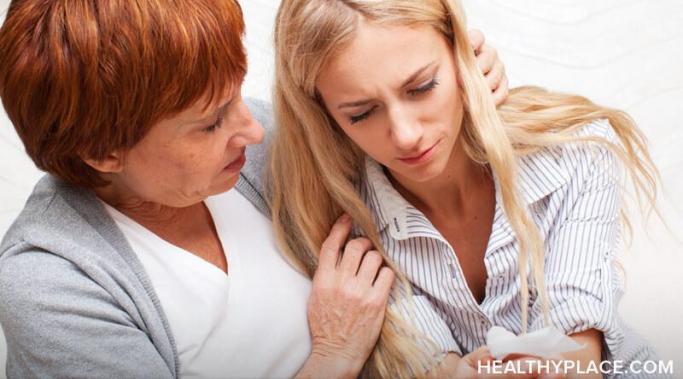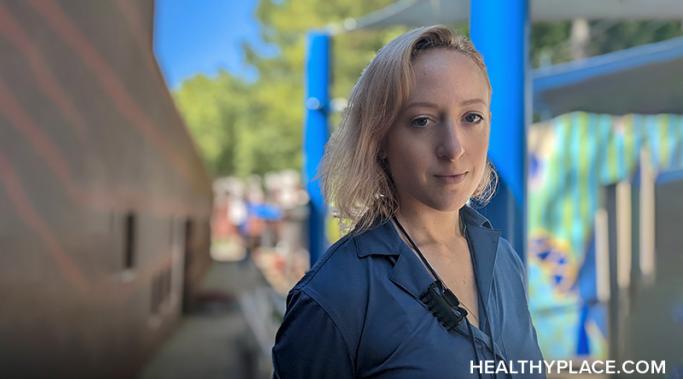Blogs
If you've ever asked yourself, "Why do I feel like hurting myself when I'm mad?" know that you are not alone.
I haven’t heard schizoaffective voices in over a year. I am so elated about this, especially since I’ve struggled with auditory hallucinations since my first and only psychotic episode in 1998 when I was 19. Being free of the voices is absolutely liberating.
Thanks to attention-deficit/hyperactivity disorder (ADHD), I'm easily distracted. This is especially difficult when I spend time on YouTube binges or scrolling through social media apps, even though I'd earmarked that time for working.
Hello, everybody, and welcome to my first official installment of "How to Live a Blissful Life." If I weren't in such an atrocious mood, I'd be happy to be here, but unfortunately, I'm in a bit of a tizzy. For the better part of a day, I've been hacking my way through the unforgiving jungle of my mind with my machete of words in order to deliver you something brilliant for this inaugural post. About an hour ago, I punctuated my final sentence and gave the piece I'd just barely conquered a once over. It was bad. It was really, really bad. It was drowning in inauthenticity and pretension, and I wouldn't have let you touch it with a 10-foot stick.
In this video, I talk about one of my secret tricks to self-soothing when borderline personality disorder (BPD) symptoms are triggered.
When you deal with anxiety, it's hard to stop yourself from also feeling sad and hopeless. There are a few reasons for this, and for myself, I've found that this has happened to me because dealing with constant anxiety can be extremely exhausting. But I've also found that this has happened to me because the overwhelming feelings and constant worry that go along with anxiety are negative feelings by nature. It's hard to feel positive feelings about anything when you're overcome with anxiety. (Note: This post contains a trigger warning.)
As someone who lives with borderline personality disorder (BPD) and complex posttraumatic stress disorder (PTSD), I'm engaged in a daily struggle to maintain my sanity. What impacts my sanity the most is the belief that I've said or done something to interfere with other people's sanity. I've learned that the best way to interfere with other people's sanity is to become involved with them in intimate relationships. That way, I can offer them front-row seats to witness my cyclical descent into instability and be swept up into it themselves whenever they try to bring order to my intermittently untameable internal chaos. I don't know how to stay sane, in love, or out of it. When it comes to relationships, all I seem to do is bring my partners into the eye of the storm of a woman who's lost her center and herself.
According to Mental Health America, more than 11.4 million adults have severe suicidal ideations. In 2020, The American Foundation for Suicide Prevention reported that nearly 46,000 Americans died by suicide that year. Although suicide is a serious issue, many people do not seek help for it. Having personally had suicidal thoughts, I understand some of the causes and the hesitancy for people to seek help. In this post, I share the causes of my suicidal ideations and the importance of support. (Note: This post contains a trigger warning.)
Today is World Suicide Prevention Day, and so the question arises: no matter what we do, can we prevent all suicides? I think even the most ardent suicide-prevention groups would admit that we can't prevent all suicides. There are many reasons for this, including the fact that people often decide to end their life mere moments before they do it, and it's hard to get to those people in those moments. Nonetheless, can we still chip away at the number of suicides? Can we really prevent most suicides? (Note: This post contains a trigger warning.)
I’m Joanna Scott Satterwhite. I’m thrilled to be joining HealthyPlace as one of the new writers of the "Living a Blissful Life" blog. It remains to be seen whether I actually know how to live a blissful life, but I’m out here trying, and that’s at least half the battle.
